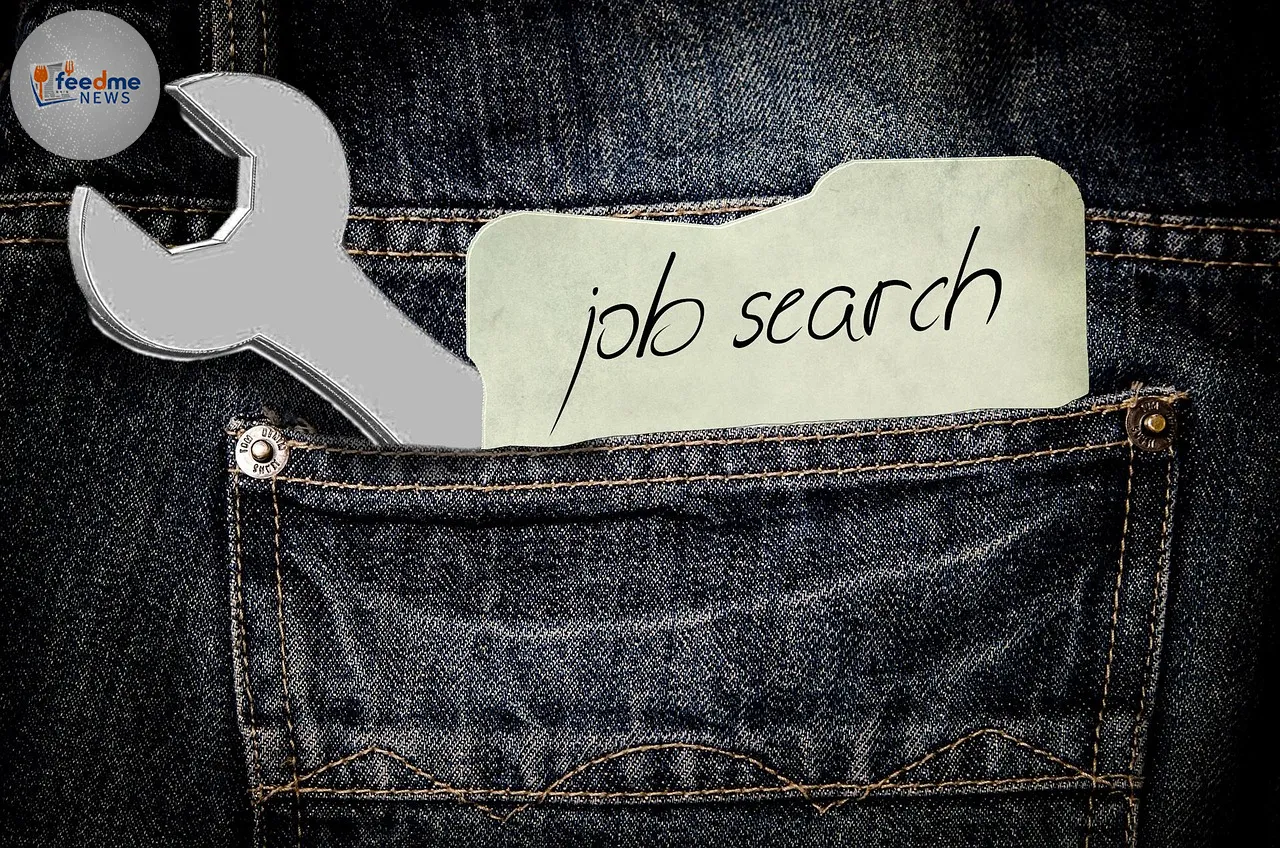Sir Terry Matthews, one of Wales’ wealthiest individuals, has voiced his opinion against the growing trend of remote work. With a personal fortune estimated at £1.3 billion, the 81-year-old business magnate argues that working from home could have detrimental effects on businesses and society. In a recent interview, Matthews shared his insights on why he believes the traditional office setting remains crucial for economic growth and social interaction.
The discussion unfolded during an event held in Cardiff on 1st March 2025, where Matthews addressed a gathering of entrepreneurs and business leaders. His comments come at a time when many companies are still navigating the post-pandemic landscape, balancing between remote and in-office work arrangements.

Economic Implications of Remote Work
Matthews highlighted the economic consequences of remote work, emphasising its impact on local businesses and infrastructure. “When employees work from home, the ripple effect on local economies is significant,” he stated, pointing out that office workers support a wide array of services, from public transport to local eateries. According to Matthews, the decline in office occupancy has led to reduced revenue for businesses that rely on the daily influx of workers.
He also noted the potential long-term impact on commercial real estate. “Vacant office spaces are not just a loss for landlords; they represent a decline in urban vibrancy,” Matthews remarked. Recent studies support his claims, showing that cities with higher remote work rates have experienced slower economic recovery post-pandemic.
Social Interaction and Collaboration
Beyond economic concerns, Matthews stressed the importance of social interaction and collaboration that physical office environments provide. “Working from home can lead to isolation and a lack of team cohesion,” he argued, suggesting that in-person interactions foster innovation and creativity. Matthews believes that face-to-face communication is integral to building strong professional relationships and effective teamwork.
Experts in organisational psychology concur, noting that remote work can sometimes hinder spontaneous collaboration and the sharing of ideas. “The serendipitous encounters that occur in offices often lead to breakthroughs,” explained Dr. Jane Evans, a workplace psychologist. She added that while technology facilitates communication, it cannot fully replicate the dynamics of in-person interactions.
Matthews’ Business Philosophy
Sir Terry Matthews’ stance on remote work aligns with his broader business philosophy, which prioritises innovation and community development. As the founder of the Celtic Manor Resort and numerous technology companies, Matthews has consistently advocated for environments that encourage growth and collaboration. “Businesses thrive when people come together to share ideas and solve problems,” he stated.
His extensive experience in the tech industry, where remote work is prevalent, adds weight to his perspective. Matthews acknowledges the benefits of flexible working arrangements but maintains that a balance is necessary. “Flexibility should not come at the expense of community and economic vitality,” he cautioned.
Looking Ahead: The Future of Work
As businesses continue to adapt to changing work dynamics, Matthews’ comments have sparked a broader conversation about the future of work. Many organisations are exploring hybrid models, combining remote and office work to meet diverse employee needs while maintaining operational efficiency.
Industry leaders are keenly observing the outcomes of these models. Some companies have reported increased productivity and employee satisfaction with hybrid arrangements, while others face challenges in maintaining company culture and collaboration.
Conclusion: Balancing Flexibility and Community
Sir Terry Matthews’ remarks highlight the ongoing debate about the merits and drawbacks of remote work. His call for a return to the office underscores the need for businesses to consider the broader implications of work arrangements on economic and social structures. As companies navigate this complex landscape, finding the right balance between flexibility and community engagement will be crucial for sustainable growth and innovation.
In the wake of Matthews’ comments, business leaders and policymakers are likely to continue examining the impact of remote work on urban economies and workplace culture. The conversation around the future of work is far from over, with Matthews’ insights adding a valuable perspective to the evolving narrative.





